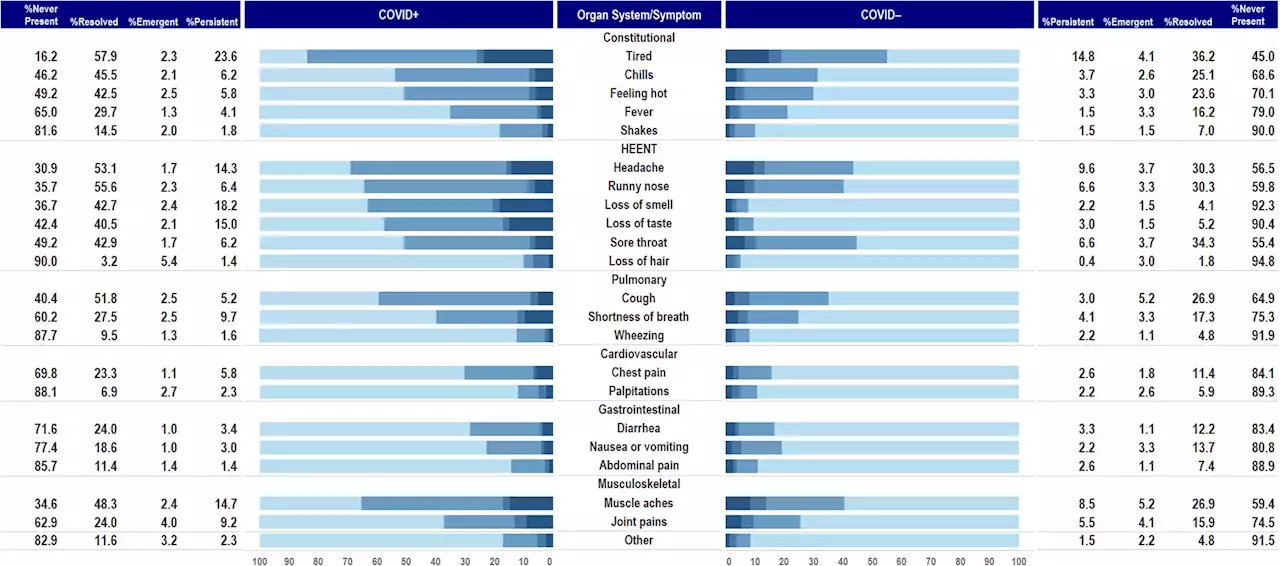The safety and tolerability of Remdesivir in children affected by COVID-19 researchsquare unito UniPadova COVID19 coronavirus covid children pediatrics
By Neha MathurFeb 2 2023Reviewed by Danielle Ellis, B.Sc. In a recent study posted to Research Square* and under review at the European Journal of Pediatrics, researchers reported findings of a multicenter study conducted across ten hospitals in Italy to investigate the safety of Remdesivir in children affected by coronavirus disease 2019 . Additionally, they examined its tolerability and the clinical characteristics of RDV-treated pediatric patients post-treatment.
The team administered RDV based on the children's weight. For instance, children weighing less than 40 kg received five and 2.5 mg/kg RDV on day 1 and from day 2 onwards, respectively. They increased RDV dosage for children weighing over 40 kg. They monitored liver enzymes every two to three days in all drug recipients and checked their renal function during and after RDV treatment.
Study findings Drug Discovery eBook Compilation of the top interviews, articles, and news in the last year. Download a free copy With a cohort of 50 children, of which 32 were boys, the study presents findings from the second-largest dataset on the use of RDV for pediatric COVID-19 treatment. Only one was a neonate, and the remaining were young children with an average age of 12.8 years.
In a nutshell, the study cohort well-tolerated RDV. Intriguingly, RDV was administered in many children diagnosed with severe pneumonia before they needed supplemental oxygen. Yet, it had a few side effects. Thus, pneumonia onset could be considered an important criterion for RDV use in children. Due to bradycardia in three children, RDV treatment had to be discontinued, which restored the heart rate to normal within 24 hours.
United Kingdom Latest News, United Kingdom Headlines
Similar News:You can also read news stories similar to this one that we have collected from other news sources.
 COVID-19 might increase risk of autoimmune diseasesCOVID-19 might increase risk of autoimmune diseases medrxivpreprint Medizin_TUD COVID19 SARSCoV2 AutoimmuneDiseases
COVID-19 might increase risk of autoimmune diseasesCOVID-19 might increase risk of autoimmune diseases medrxivpreprint Medizin_TUD COVID19 SARSCoV2 AutoimmuneDiseases
Read more »
 Researchers find a way to make VR headsets more realisticA group of researchers have come up with a way of arranging LED pixels to produce screens with a much higher resolution than is currently possible. This could be used to make VR images more lifelike
Researchers find a way to make VR headsets more realisticA group of researchers have come up with a way of arranging LED pixels to produce screens with a much higher resolution than is currently possible. This could be used to make VR images more lifelike
Read more »
 Researchers report a heterologous vaccination strategy against IBV in ChickensResearchers reported on the immunogenicity of a heterologous vaccine regimen against IBV, comprising prime doses of QAC-encapsulated plasmid and a booster dose of MVA.
Researchers report a heterologous vaccination strategy against IBV in ChickensResearchers reported on the immunogenicity of a heterologous vaccine regimen against IBV, comprising prime doses of QAC-encapsulated plasmid and a booster dose of MVA.
Read more »
 Study shows persistent symptoms are common three months after testing for COVID-19In a new study from INSPIRE (Innovative Support for Patients with SARS-CoV-2 Infections Registry), researchers compared new and ongoing symptoms and outcomes in both COVID-positive and COVID-negative adults who were tested because of acute COVID-19-like symptoms. The study found that half of the patients with COVID-19 and one-quarter of those who tested negative had at least one symptom at three months follow-up.
Study shows persistent symptoms are common three months after testing for COVID-19In a new study from INSPIRE (Innovative Support for Patients with SARS-CoV-2 Infections Registry), researchers compared new and ongoing symptoms and outcomes in both COVID-positive and COVID-negative adults who were tested because of acute COVID-19-like symptoms. The study found that half of the patients with COVID-19 and one-quarter of those who tested negative had at least one symptom at three months follow-up.
Read more »
 Study demonstrates intrahost MPXV variation within a single lesionStudy demonstrates intrahost MPXV variation within a single lesion CDCgov EIDjournal helsinkiuni mpox mpxv disease infection
Study demonstrates intrahost MPXV variation within a single lesionStudy demonstrates intrahost MPXV variation within a single lesion CDCgov EIDjournal helsinkiuni mpox mpxv disease infection
Read more »
 What is the incidence of COVID-19-associated febrile seizures in children?What is the incidence of COVID-19-associated febrile seizures in children? JCM_MDPI COVID19 coronavirus covid febrileseizure seizures pediatrics
What is the incidence of COVID-19-associated febrile seizures in children?What is the incidence of COVID-19-associated febrile seizures in children? JCM_MDPI COVID19 coronavirus covid febrileseizure seizures pediatrics
Read more »
